こんにちはRYO英会話ジムの講師Fachiです。今日は英語を母国語としない国、ブルネイでの生活。ポリグロット(複数の言語を操る人)になるについてお話します。それではまいりましょう。
英語を母国語としない国、ブルネイでの生活
English is coined as the universal language and most people use it as a medium of communication when interacting with foreigners.
That’s why when travelling or living abroad, it is an advantage if you can speak in English. However, as you know, it is not usually the case in non-native English speaking countries.
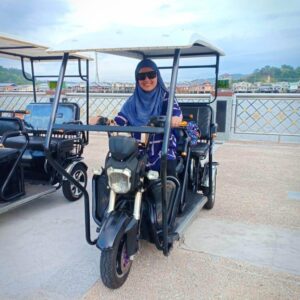
📩 英語を話せるようになる第一歩として、リョウが無料で学習相談を実施中です。
発言内容の見える化や添削で、あなたの課題を明確にし、次の一歩を一緒に見つけましょう。
イギリス訛りの英語を話す
I live in Brunei Darussalam, a Southeast Asian country neighboring the Philippines. Just like other Asian countries, English is not the first language of the locals here. Brunei’s official language is Malay though it has been quite localized creating the Bruneian Malay dialect.
On top of that, other languages are spoken here including Chinese, Indian, and native languages spoken by the minority ethnic groups. Of course, most people are able to communicate in English as Brunei is a commonwealth country, meaning it was colonized by the British. Naturally, they speak with a British accent and use UK English in writing.
私は、フィリピンに隣接する東南アジアの国、ブルネイ・ダルサラームに住んでいます。他のアジア諸国と同様、この国でも英語が第一言語ではありません。ブルネイの公用語はマレー語ですが、かなり地域化されてブルネイのマレー語方言が作られています。そのほかにも、中国語、インド語、少数民族の母国語などが話されています。もちろん、ブルネイはイギリスが植民地化した連邦国家なので、ほとんどの人が英語でコミュニケーションすることができます。当然、イギリス訛りで話し、文章もUKイングリッシュを使います。
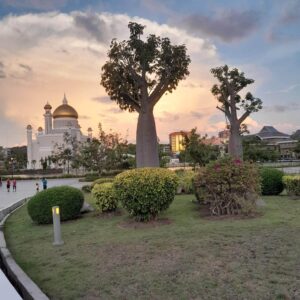
ブルネイの言語教育

In school, students learn English, Malay (Chinese in some schools), and Jawi. Jawi is a writing system based on the Arabic alphabet with additional letters made to fit the Malay phoneme. It can be seen written in all establishments and signage with English wordings.
学校では、英語、マレー語(一部の学校では中国語)、ジャウィ語を学びます。ジャウィは、アラビア文字をベースに、マレー語の音素に合わせて文字を追加した文字体系です。すべての施設や看板に英語の文字が書かれているのを見ることができます。
ポリグロット(複数の言語を操る人)になる
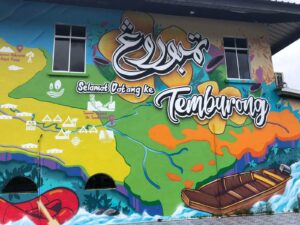
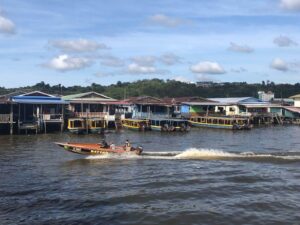
When I first came here, language was not an issue for me as I could easily communicate with others in English most of the time. Although sometimes that wasn’t the case, I made it my goal to learn Bruneian Malay, at least enough to help me get by.
It wasn’t really challenging to speak Malay as many words are similar to Filipino, which made it more interesting. Growing up in a multilingual household had its advantages as I could listen and mimic words, then use them in a conversation.
初めてここに来たとき、ほとんどの場合、英語で簡単にコミュニケーションが取れたので、言葉は問題ではありませんでした。時にはそうでない場合もありましたが、私はブルネイのマレー語を、少なくとも生活していくのに必要な程度に学ぶことを目標としました。マレー語はフィリピン語と似ている単語が多いので、話すのはそれほど難しくはなく、むしろ面白かったです。多言語の家庭で育ったことは、言葉を聞いて真似し、それを会話で使うことができるという利点もありました。

Throughout my life I have learned several languages making me a polyglot. While English is the medium of communication worldwide, let’s not forget that there are different English accents as well.
Aside from being interested in learning different languages, I also like to learn different English accents. I hope to learn as many languages as I can and be able to transition to different English accents when the need arises. It’s so fun and exciting!
私はこれまで、いくつかの言語を学び、ポリグロット(多言語話者)になっています。英語は世界的なコミュニケーション手段ですが、英語のアクセントが異なることも忘れてはなりません。私は、さまざまな言語を学ぶことに興味があると同時に、さまざまな英語のアクセントを学ぶことも好きです。できるだけ多くの言語を学び、必要に応じてさまざまな英語のアクセントに移行できるようになりたいと思います。とても楽しくて、わくわくします。
今回お話した内容
関連する記事
最後まで読んでいただきありがとうございました。以上が英語を母国語としない国、ブルネイでの生活。ポリグロット(複数の言語を操る人)になるでした。それではSee you around!

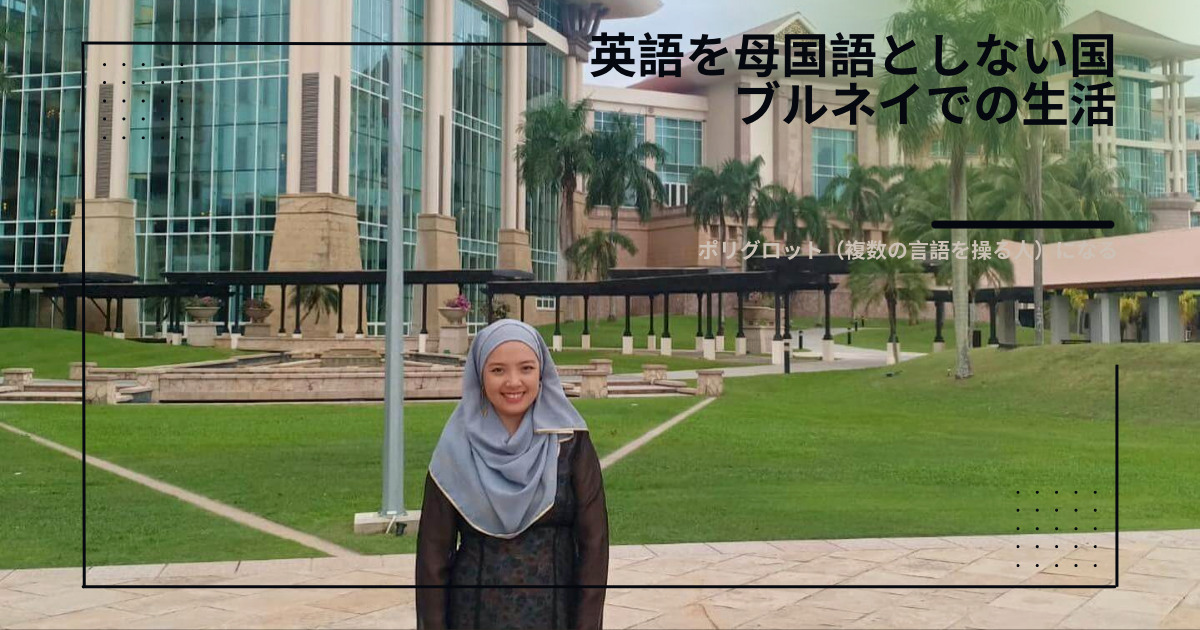




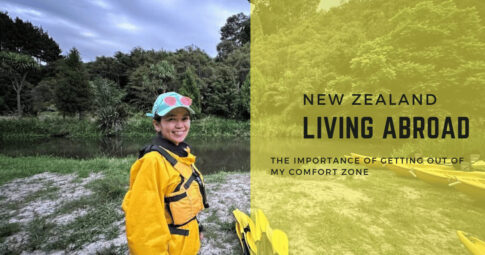


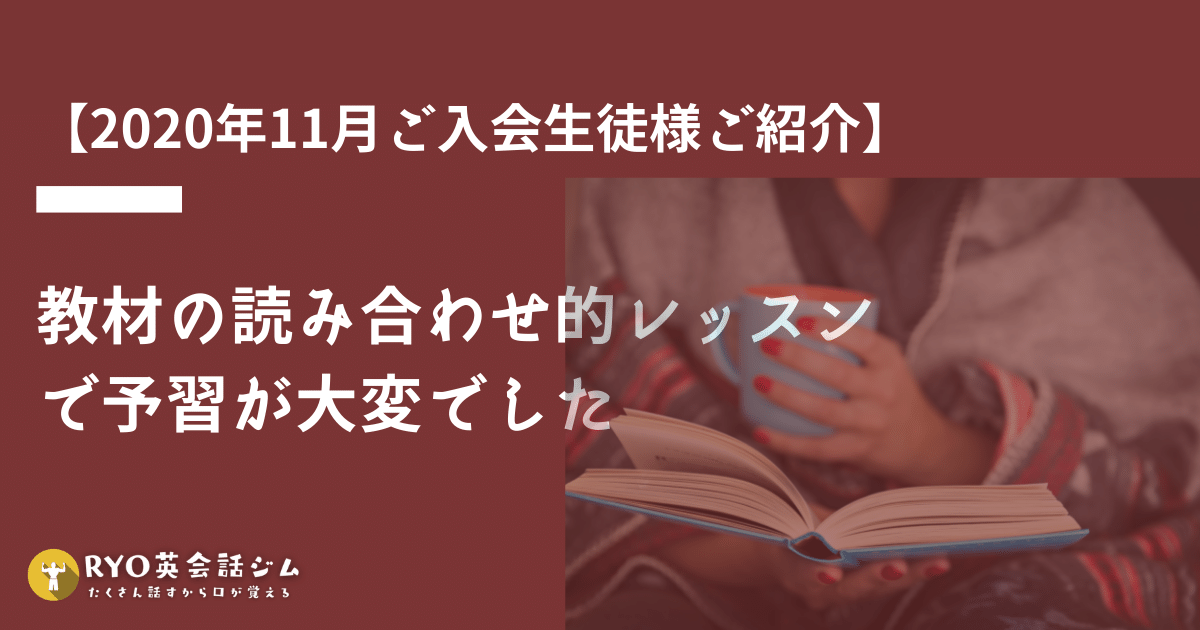
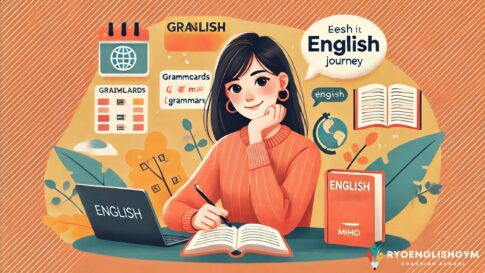






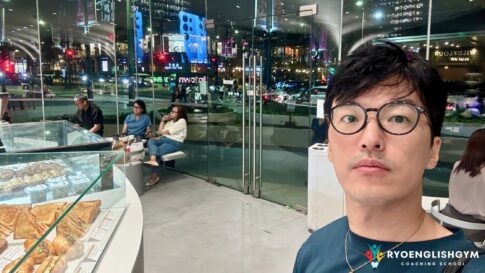

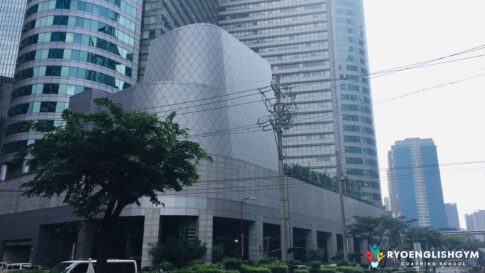
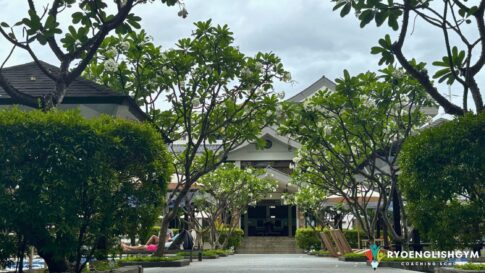
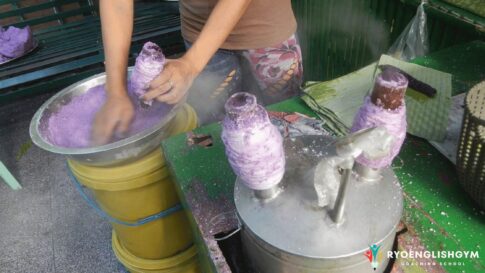
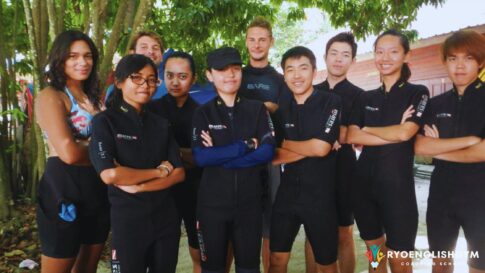
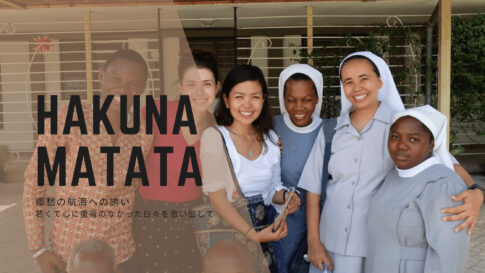


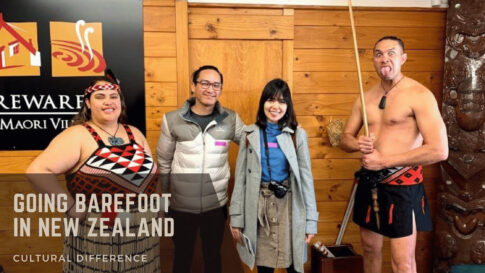

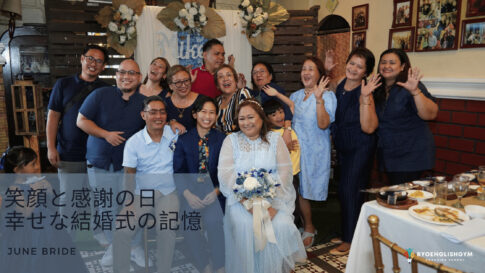


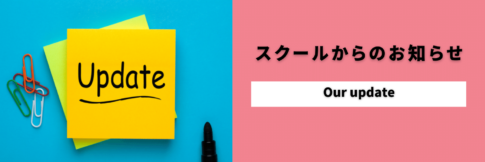





















英語は世界共通語と呼ばれ、ほとんどの人が外国人と接するときにコミュニケーションの手段として使っています。ですから、海外旅行や海外生活では、英語が話せると有利なのです。しかし、ご存知のように、英語を母国語としない国々では、通常そうではありません。